Holly Derr: What brought you to Shakespeare? What do you like about working on his plays?
Lavina Jadhwani: I identified as a new play director pretty early in my career. But I get to share a different part of myself when I’m working on canonical works. It’s a different muscle for me. When I directed As You Like It on the Guthrie mainstage, audiences didn’t just come to see Shakespeare’s work—they wanted to see what Lavina Jadhwani was going to do with it. That’s exciting to me as a director and an artist.
Holly: Yes! I always tell my students that directing new plays is different from directing Shakespeare in terms of the level to which the director is able to express themselves through the material versus how much they’re there to serve the writer.
Lavina: I spent a long time thinking Shakespeare’s plays were inaccessible to me: Either I didn’t have the “right” training or I wasn’t in the “right” circle. I wasn’t getting invited to direct them. I spent a long time feeling like I wasn’t worthy, and I think a lot of people feel that way.
I’m of the opinion that not everybody needs to love these plays. I do, though I don’t love everything about them. But I got tired of feeling like I had to have a certain training in order to work on them. I don’t think that’s true, and I don’t think that’s the way Shakespeare would want us to approach them.
As a teacher and a coach, I don’t want anybody to feel like I did—that they’re not good enough or smart enough or doing things in the right way. Because I do think Shakespeare wanted these plays to be accessible. Access is key.
Holly: I take it you are one of those directors who is totally comfortable changing Shakespeare’s language when you direct it.
Lavina: Yeah. I mean, I do it with intention. My pal Lue Douthit, who runs the Play On Shakespeare translation project, always gives her playwrights the directive: “First do no harm.”
My buddy Steve likes to say, “You cannot write better than Shakespeare,” and I added to it: “You cannot write better than Shakespeare for Shakespeare’s audiences, but we are not Shakespeare’s audience.” I don’t know that somebody like me, as a young woman of color, would be allowed in that theatre.
We think of Shakespeare as a populist, and I think he was interested in access in terms of class. But when it came to both his actors and audiences, he was writing with a pretty racially homogenous group of people in mind. And we do not have definitive versions of his texts. So the idea of being a Shakespeare purist, it just doesn’t make sense to me. I don’t know what that is.
We think of Shakespeare as a populist, and I think he was interested in access in terms of class. But when it came to both his actors and audiences, he was writing with a pretty racially homogenous group of people in mind.
Holly: Tell me about the origins of this document.
Lavina: The document I created started with the word that starts with an “n” and means miserly. I don’t use that word, and I don’t see a reason for it. If you are a Black artist who has a different relationship to that word and feel like you want to reclaim it or use it in a certain way, I say, “Go for it.” As a non-Black artist, I only know the harm that word does, and “miserly” is just as good. It’s clearer. It scans. There’s no reason not to use it.
If there’s an instance where the word “slave” does harm and the word “knave” doesn’t, I think you can change it. I don’t know if that word did harm to Shakespeare’s audiences, but it can to ours. In an instance like that, I believe that making a substitution is actually closer to honoring Shakespeare’s original intention.
Holly: What has been the response so far?
Lavina: The word I’ve received the most pushback on is “master.” I wrote that if this word has a racial charge and you don’t want it to, change it. If you’re doing Comedy of Errors and, for example, your Dromio and Antipholus pairings are white, maybe it does no harm. I’m not saying do not use these words. But because I’m primarily writing for non-Black directors and educators, we have to own that we don’t have the relationship to these words that the Black community does, and we have to use more care. Some of these words aren’t ours anymore.
The other reason I created this document is that I’m not part of an institution right now, and I thought, What change can I advocate for? As a recent breast cancer survivor and somebody who’s in regular contact with her parents who are in their seventies, I’m not going to in-person protests right now. And that’s hard, because I want to be. Creating this document is a thing I can do right now that I didn’t see anybody else doing.
As somebody who can’t not come to the work through a social justice lens, and someone who also works on plays a lot as a practitioner, I’m conditioned to say something. I was listening to a Stage Directors and Choreographers Foundation (SDC) panel with directors the other day, who all happened to be directors of color, and Nataki Garrett used the phrase, “There’s a mandate on the table now.” Our audiences are looking at the work and they are going to be demanding things from the work when we emerge from this pandemic. And thank God, because I don’t know about you but even when we have a vaccine there’s going to be some risk for my physical well-being the first time I go into a theatre, so I hope it’s for something important.
We’re not going to emerge from this making the same kind of art. So forget about it being the right thing to do—it’s smart money. There is a demand for this kind of work right now. There’s money in the banana stand.
Holly: That’s a great way to think of it.
Lavina: Stephanie Ybarra said on the same SDC panel that the language our field is using around these issues has changed very quickly recently. For example, I can now walk into a room or a Zoom room that is a predominately white space and I can use the words “anti-racist” and “white supremacy” and people’s shoulders don’t go up the way they used to.
Most of my collaborators now know the difference between “anti-racist” and “non-racist” behavior and often agree that we want to exemplify the former, not the latter. That wasn’t happening a couple months ago. I’ve been screamed at for using the words “white fragility” because the person didn’t know what it meant.
As a non-Black artist, I only know the harm that word does, and “miserly” is just as good. It’s clearer. It scans. There’s no reason not to use it.
Holly: In the document, you identify yourself as non-Black. Why is that?
Lavina: I workshopped the document with a writer’s group that I’m in as a company member of the Oregon Shakespeare Festival. I originally applied to this group to work on an adaptation of Kalidasa’s Shakuntala. After the murder of George Floyd, I thought, “The play is still important to me, but it’s not as important to me right now.”
I workshopped the document during the group’s weekly study hall, where the majority of attendees were Black. My colleagues’ feedback was invaluable in helping me clarify the audience for this piece. They helped me realize that the definitions in the document were not written for them, but rather for the non-Black artists that they collaborate with.
I wrote this document for people like myself: non-Black directors, and educators, people who make the initial cuts and/or edits to Shakespeare’s language. I don’t want us to do any more unintentional harm.
Holly: Shakespeare’s plays both reflect a colonial worldview and have historically been used as instruments of colonization by educators. How did you decide to focus this document not on all the ways Shakespeare’s language is colonial, but rather specifically on anti-Black language?
Lavina: I started with the definitions of the challenging language. The page-long introduction/framing came second, and the writer’s group was really helpful in clarifying that frame. But in terms of the words, I started with a list of language that can be harmful and I kept adding to it. There are some words that I eliminated—for example “brown” and “browner.” I asked myself, Is that specifically anti-Black? I know it has affected me, as a South Asian woman, and has roots in colorism, but that’s not the same thing. I want to avoid whataboutisms, so I said to myself, “You need to not get distracted by your own whataboutisms, which means putting some of your personal agenda aside.”
I still have a lot of my own growth and learning to do—Asian American communities have a ton of colorism and anti-Blackness in our cultures. The model minority myth is incredibly racist and anti-Black, for example. I read a book recently—This Book is Antiracist—and a phrase used in it is “spending your privilege.” I’ve been sitting with that phrase a lot lately. And it’s important for me, as somebody who is a non-Black person of color. Getting comfortable with spending that privilege is why this guide is specifically devoted to eliminating anti-Black language.
I’m in a lot of spaces that use “Ouch/Oops” to address instances where harm is done. I know I’ve been that person who says “Ouch,” and I really appreciate that we are all getting more comfortable saying “Oops.” But the question of, “How do I fix it?” often follows the “Oops.”
A guide like this can be useful in answering, “How can I fix it?” In the future, when there is a Black actor in the room who says “Ouch” and there is a non-Black director who says “Oops” and wants to know how to fix it, they can refer to this document. I’ve done this labor so that my Black colleagues don’t feel like they have to have the answer. For me this is an act of allyship.
I wrote this document for people like myself: non-Black directors, and educators, people who make the initial cuts and/or edits to Shakespeare’s language. I don’t want us to do any more unintentional harm.
Holly: I noticed you put your Venmo on there.
Lavina: I had a complicated feeling about that. For me, it’s not about money, it’s about recognizing that this is work. And it’s time we start assigning value to that. I did this labor for free and am offering it for free because I want the tool to be accessible. But I will accept donations, because I have, as somebody who works at predominantly white institutions—because that’s the majority of classical American theatres—both asked and been asked to do that kind of emotional labor for free. This work has value.
Holly: Why didn’t you publish the document as a more traditional scholarly article?
Lavina: I don’t think this document can or wants to be static. For example, one of the first articles I wrote on HowlRound is about color-conscious casting, but I don’t even use that word anymore. I now say identity-conscious casting, because I think that’s what I do, and I think that language has changed. We are watching language change.
Holly: Just like in Shakespeare’s time. So, you’re open to people reading this interview making suggestions of things to add to the document?

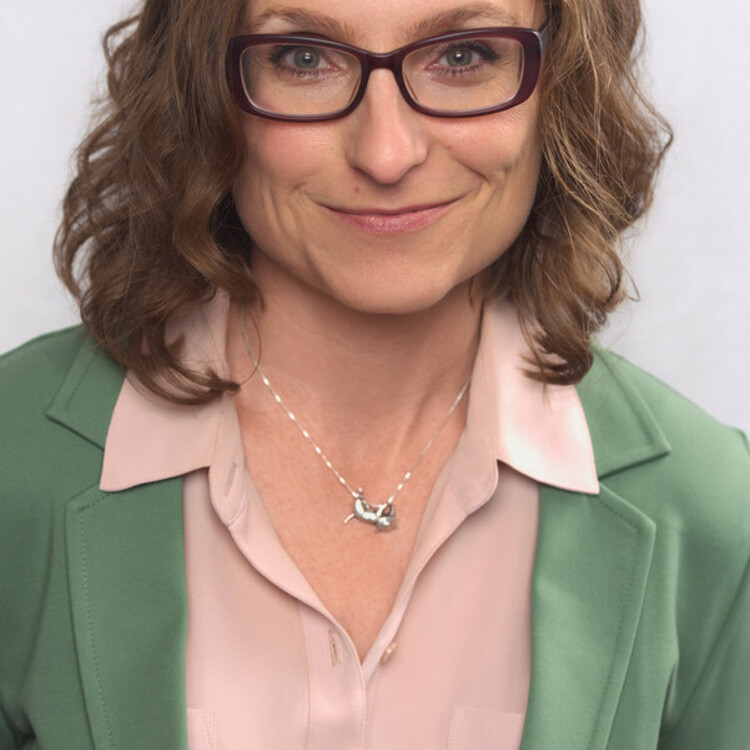
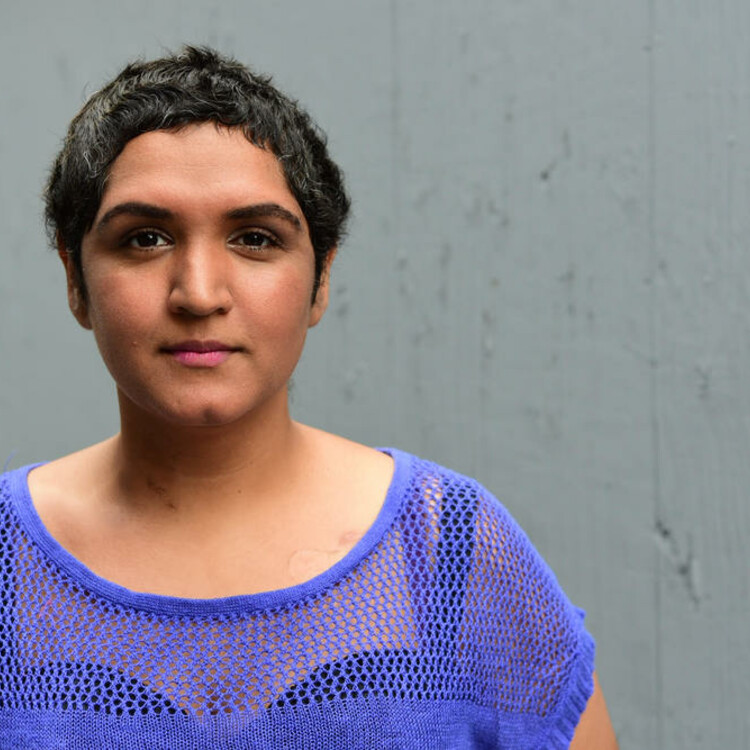
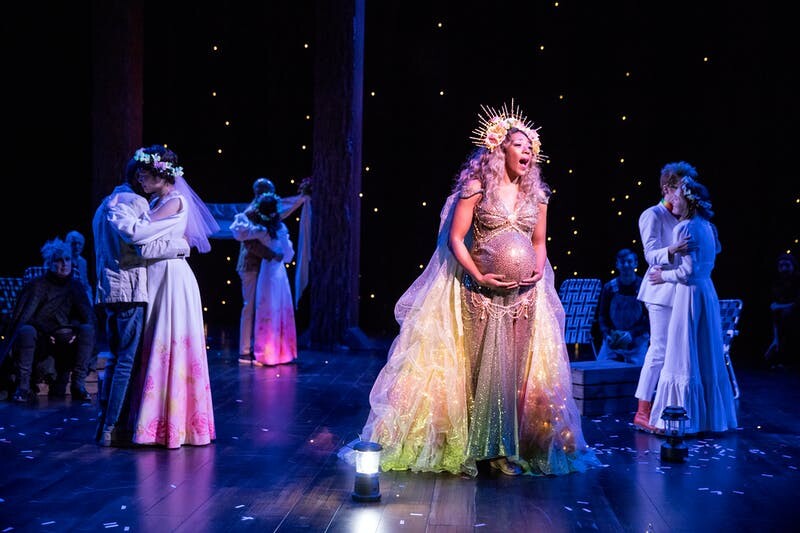
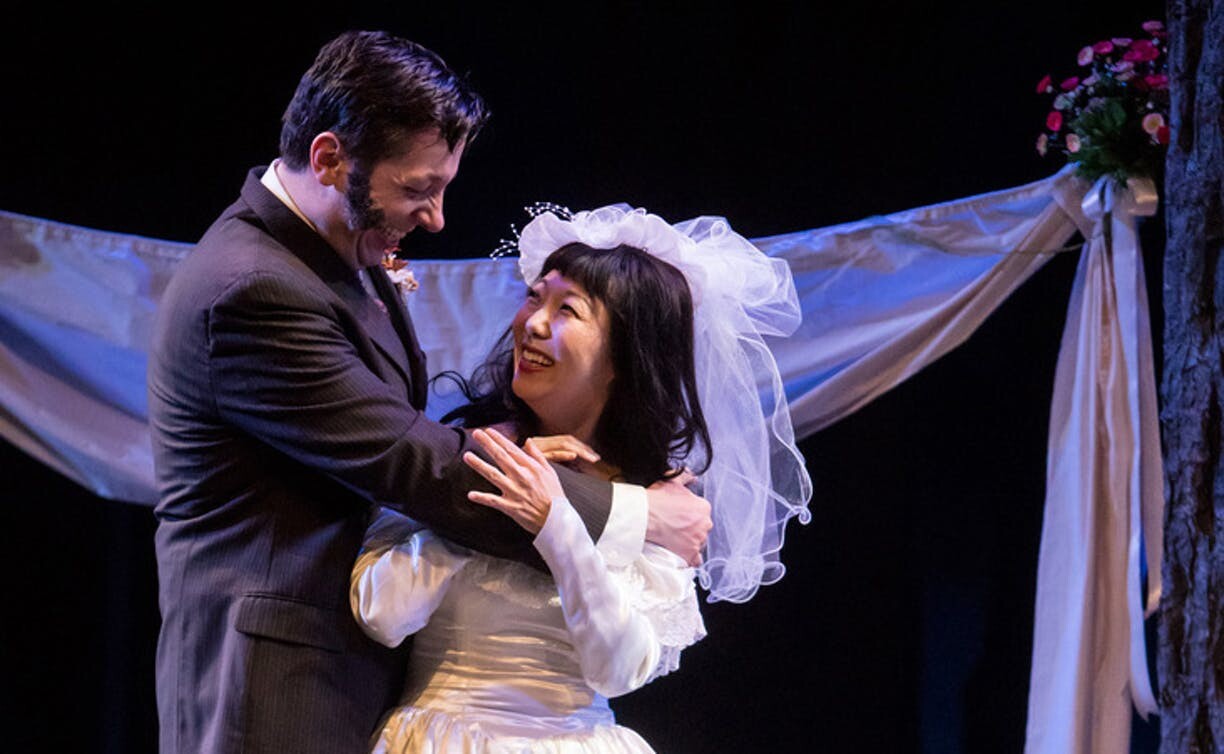
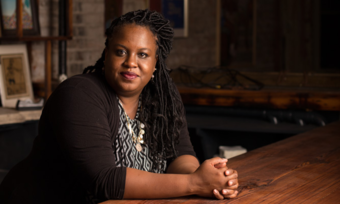


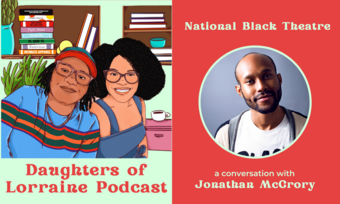



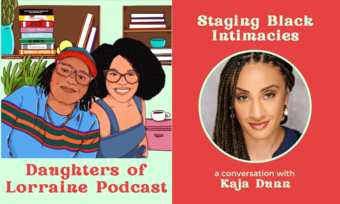

Comments
The article is just the start of the conversation—we want to know what you think about this subject, too! HowlRound is a space for knowledge-sharing, and we welcome spirited, thoughtful, and on-topic dialogue. Find our full comments policy here
And don't forget Jadhwani's venmo—@lavinajadhwani—if you'd like to compensate her for her labor!